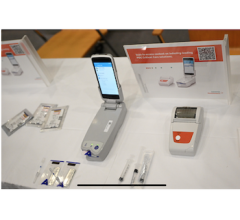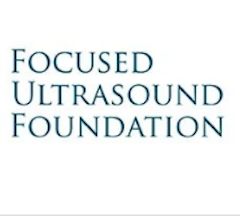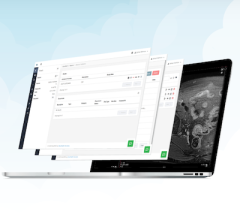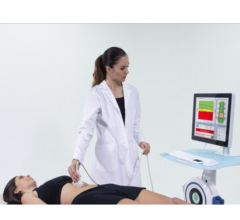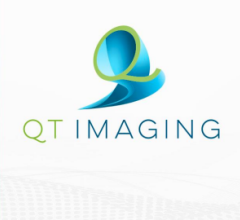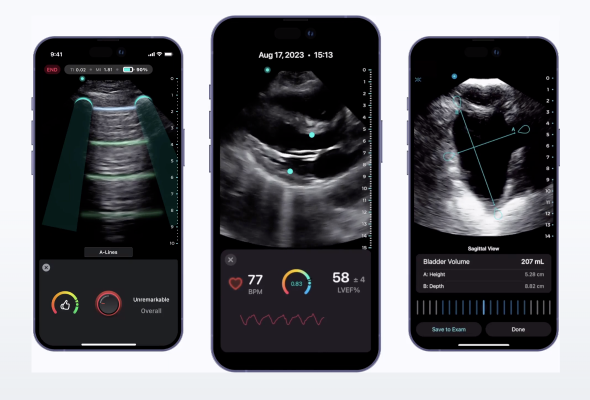
December 18, 2023 — Exo (pronounced “echo”), a pioneering medical imaging software and devices company, released its 2023 Survey Report: Unlocking Point-of-Care Ultrasound. Based on a survey of more than 150 U.S.-based physicians, the report uncovers trends related to point-of-care ultrasound (POCUS) adoption and use—such as challenges with existing solutions, their perceived value of handheld POCUS devices, and the impact of new innovations such as artificial intelligence (AI) on medical imaging and ultrasound expansion into primary care.
POCUS provides immediate medical answers that caregivers need for diagnosis and treatment, but adoption still hasn’t become widespread across the care continuum. Exo’s 2023 survey uncovers reasons for this slowdown, and what respondents see could accelerate widespread adoption. A few of the key findings in the survey report include:
POCUS adoption has stalled due to a lack of infrastructure
The top challenges caregivers face with their current POCUS solutions are poor image quality and integrating the device with hospital IT such as PACS or electronic health records (EHR). As a result, caregivers struggle to get trained on POCUS, and when they are trained, they have to use complicated processes for documenting, storing and billing exams. The survey found that only 68% of ultrasound exams are documented, meaning that performed scans aren’t showing up in patient records, which could risk compliance and legal exposure. Of those who said their POCUS exams were documented, only 50% cited that those exams were actually billed – indicating a significant loss of revenue for health systems. A lack of connected infrastructure for ultrasound devices can have rippling impacts on the wider health system. To address this challenge, facilities must have an end-to-end solution, not a device-only approach, for their medical imaging needs.
Handheld POCUS can improve care for underserved communities
Because handheld POCUS devices are simpler to use and cost less than cart-based systems, they solve a critical need in providing access to medical imaging that can help diagnose and treat patients sooner. This may be why an overwhelming 88% of surveyed respondents believe handheld POCUS availability will moderately or significantly increase POCUS adoption. Furthermore, the World Economic Forum has shared that more than half [1] of the world’s population does not have access to essential health services, which includes medical imaging. The portability of handheld POCUS has the potential to be leveraged everywhere – in the back of an ambulance, in a rural community, or in the home – which leads to better patient outcomes and an improved caregiver experience, all at the point of care.
Most see artificial intelligence as the future of ultrasound
Because ultrasound exams today can only be conducted by a select few trained individuals, a POCUS device equipped with AI could reference a professionally curated database of millions of ultrasound images to aid the caregiver during image capture and interpretation. This means expediting the learning curve so more caregivers can use ultrasound for patients in more locations. 79% of survey respondents indicated that AI would positively impact POCUS, with 63% saying it would streamline image interpretation. AI assistance can lower operator dependence and reduce bias to deliver more accurate, reliable and consistent imaging, bolstering standardization across the medical imaging space.
Widespread ultrasound adoption in primary care is inevitable
Primary care stands out as a significant opportunity for POCUS, given that it’s frequently the first point of contact for many patients within the healthcare system. Handheld ultrasound devices generally offer greater accessibility, affordability, and portability compared to cart-based solutions, making them ideal for primary care offices that are often smaller, more remote, and thus have smaller budgets. Having medical imaging in caregiver’s pockets for answers anywhere will reshape how patients get and expect medical care. Most respondents (61%) said it’s important for primary care providers to adopt handheld POCUS devices, and a surprising 50% believed primary care use of POCUS will be mainstream within the next 5 years. With innovations like AI and handheld devices making ultrasound easier than ever to use, it is inevitable that more caregivers will utilize imaging in more locations.
“POCUS is critical for a more equitable and healthier world. These survey results validate just how severely caregivers are craving a new medical imaging approach. That’s why Exo has built a simple and accessible ecosystem to deliver immediate answers at the point of care," said Sandeep Akkaraju, CEO and Co-Founder of Exo. “Our ecosystem combines high-performance imaging to retrieve instant answers in any setting, workflow software to seamlessly document and bill ultrasound exams in seconds from anywhere, and AI to easily acquire consistent and accurate images in real-time. Medical imaging as we know it has entered a new age.”
For more information: www.exo.inc


 February 05, 2026
February 05, 2026 

